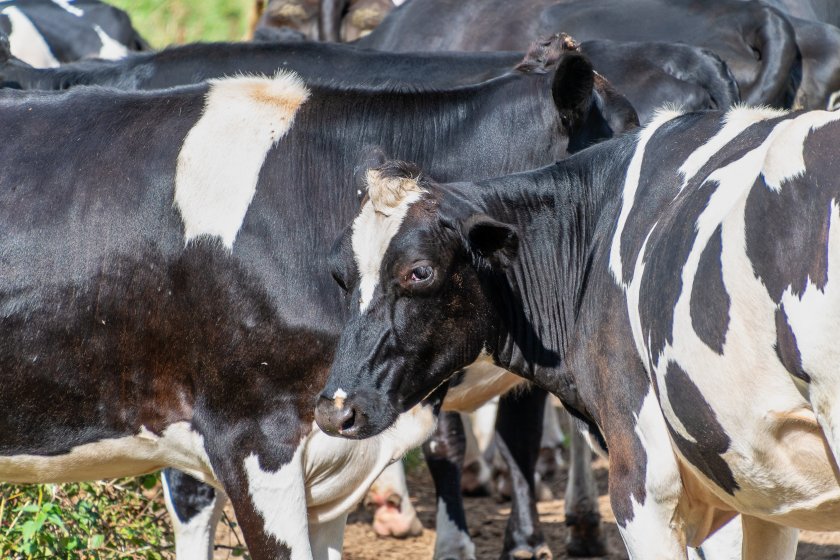Dairy farmers welcome new legislation laid out today ensuring fairer deal

New legislation being laid in parliament today aims to ensure fair and transparent contracts for all dairy farmers in the UK.
The new rules aim to establish transparency and accountability across the dairy supply chain by stopping contract changes being imposed without agreement.
There will also be a system in place to enable farmers to verify the calculation of variable prices.
Previously, dairy farmers have had little influence or power with regards to the terms under which they sell their milk.
The regulations also include an enforcement regime, backed up by the ability for the Defra Secretary to impose substantial financial penalties in respect of any breaches.
In response to ongoing campaigning by the UK's farming unions, the government held an industry-wide consultation in 2020 on the issue.
It found unfair practices within the supply chain linked to buyers having the power to set and modify the terms of a contract with no negotiation with the producer and little notification.
NFU dairy board chair, Michael Oakes said the voluntary code of practice had left many dairy farmers open to unfair practices and abuses of power.
"Today marks a significant step in a long road of campaigning by the NFU and the other farming unions to improve fairness across the supply chain," he said.
“For a long time, unfair milk contracts have held back many UK dairy businesses, and these changes will help give dairy farmers much needed business security and confidence.
"While progress has taken far longer than any of us hoped and expected, I am confident that, from today, we are finally on the right path to building a stronger, more resilient future for the UK dairy sector."
The NFU believes that representative organisations, such as producer organisations, will play an important role in helping farmers negotiate contracts within the dairy sector.
It said it would continue to support the development of representative structures like these to help improve trust and collaboration across the supply chain.
The NFU, as well as NFU Scotland, the Ulster Farmers' Union and NFU Cymru, have been pushing for contract reform since 2011.
NFU Scotland milk committee chair, Bruce Mackie noted that it had been a key ask of the industry for many years.
"There will be a long road ahead and statutory contract legislation on its own will not solve all our problems," he said.
The new regulations aim to enhance the position of the primary producer by establishing a legally binding, minimum standards of contractual practice, while also providing businesses with certainty in terms of their supply agreement with processors.
Ulster Farmers Union dairy chair, Kenny Hawkes called it a major milestone following years of 'immense' industry lobbying.
He added: "It will help to build a stronger, more resilient future for the Northern Ireland dairy sector, so farming families can continue to produce high-quality milk.”
What is included in the new dairy regulations?
The regulations will mean:
• Farmers have clearer pricing terms, with contracts setting out the factors which generate the milk price and allowing farmers to challenge prices if they feel this process isn’t being followed.
• Changes to contracts can’t be imposed on farmers without their agreement. This will encourage dialogue between the parties where changes do need to be made – improving trust within the supply chain.
• Farmers’ contracts will include a straightforward way to raise concerns about their contracts, promoting accountability and timely issue resolution.
• There will be clear rules put in place on notice periods and contractual exclusivity, protecting the rights of both buyers and sellers.
• An enforcement mechanism is created to guarantee the regulations are followed, ensuring a fully fair and transparent dairy industry on a solid foundation to thrive in the future.








